630am OBS, Wednesday, April 2nd
Fairly cloudy dry skies. Light SSE-SSW wind veering to sea breezes toward lunch. Small Craft Advisory for Big Island.
Big Picture updated 3/30. Small NNW & SSW & micro-East. Call 596-SURF: 7a, Noon, 4pm (recap-forecast).

North Shore:
Holding a small 11 sec NNW. A new WNW will rise slow all day to 3' max afternoon. Clean well-groomed waves but small. Sunset 1-2'+; Rocky Pt 1-2'+; Pipe (Backdoor) 0-2'; Chuns 1-2'+; Laniakea 1-2'; Ali'i Beach Park 1-1.5'. Broken clouds.
West:
Holding 13 sec SSW + tiny North wrap + new small WNW rising. Good early but bumpy, mushy surf from onshore konas later. Makaha is 0-1 occ 2' on the SSW+NNW+WNW swells and breaking inside the reef. Broken clouds.
Town:
Holding small 13 sec SSW + Holding micro 7 sec SSE. Smooth early mushy later. Waikiki reefs are 1-occ. 2'; Kaisers-Rockpiles to Ala Moana to Kewalos are 1-occ. 2'. Fairly cloudy.
Diamond Head:
Holding 13 sec SSW + 7 sec SSE. Good early but mushy later with seabreezes and SSW winds. Surf's 1-2' at takeoff. Fairly cloudy.
Sandy's:
Holding 13 sec SSW + Holding 7 sec SSE. Surf's clean early but mushy later. Full Pt/Half Pt are 1-2'.and looking best so far. Shorebreak is 1-2' and spread out across the beach. Fairly cloudy.
East Makapu'u:
Holding a small North. Clean due to a light konas. Surf's 1-occ. 2' on the shorebreak and focused from the middle to the right side of the bay. Fairly cloudy.Winds
5-10mph South
Sea breezes midday
5-7mph Variables
Sea breezes midday
5-15mph ENE Trade
10-20+mph ENE Trade
10-25mph ENE Trade
North
Primary
 Dropping 11s N
Dropping 11s NHaw: 1-2+
Face: 1-3+
Secondary
Rising Slow 15s WNWHaw: 0-1.5
Face: 0-2
Good offshores
3' WNW late
Primary
 Holding 12s WNW
Holding 12s WNWHaw: 1-2+
Face: 1-3+
Secondary
 Dropping 10s N
Dropping 10s NHaw: 1-1.5
Face: 1-2
Smooth early-mushy later
Primary
 Rising 14s NNW
Rising 14s NNWHaw: 2-4
Face: 3-7
Secondary
None NONEHaw: 0
Face: 0
Fair to good
7' afternoon
Primary
Up & holding 13s NNWHaw: 5-7
Face: 8-12
Secondary
Rising Fast 15s NNWHaw: 4-6
Face: 6-10
Fair to good
12' afternoon
Primary
Up & holding 15s NNWHaw: 10-15+
Face: 15-25+
Secondary
None NONEHaw: 0
Face: 0
Good
West
Primary
 Holding 13s SSW
Holding 13s SSWHaw: 0-1.5
Face: 0-2
Secondary
 Dropping 11s N
Dropping 11s NHaw: 0-1.5
Face: 0-2
Smoother early-mushier midday
Primary
 Holding 12s WNW
Holding 12s WNWHaw: 1 occ 2
Face: 1-2 occ 3
Secondary
 Holding 12s SSW
Holding 12s SSWHaw: 0
Face: 0
Smooth early-mushy later
Primary
 Rising 14s NNW
Rising 14s NNWHaw: 1-2 occ 3
Face: 2-4 occ 5
Secondary
 Holding 12s SSW
Holding 12s SSWHaw: 0
Face: 0
Fair to good
Primary
Up & holding 13s NNWHaw: 3-5
Face: 5-9
Secondary
 Holding 12s SSW
Holding 12s SSWHaw: 0
Face: 0
Fair to good
Primary
Up & holding 15s NNWHaw: 8-12+
Face: 14-20+
Secondary
Up & holding 14s SSWHaw: 1-2
Face: 1-3
Good
South
Primary
 Holding 13s SSW
Holding 13s SSWHaw: 1 occ 2
Face: 1-2 occ 3
Secondary
 Dropping 7s S
Dropping 7s SHaw: 1-1.5
Face: 1-2
Smoother early-mushier midday
Primary
 Holding 12s SSW
Holding 12s SSWHaw: 1-1.5
Face: 1-2
Secondary
None NONEHaw: 0
Face: 0
Smooth early-mushy later
Primary
 Holding 12s SSW
Holding 12s SSWHaw: 1-1.5
Face: 1-2
Secondary
None NONEHaw: 0
Face: 0
Fair
Primary
 Holding 12s SSW
Holding 12s SSWHaw: 1-1.5
Face: 1-2
Secondary
 Rising 15s SSW
Rising 15s SSWHaw: 1-1.5
Face: 1-2
Fair
Primary
Up & holding 14s SSWHaw: 1-2 occ +
Face: 1-3 occ +
Secondary
 Rising 21s SSW
Rising 21s SSWHaw: 1 occ 2
Face: 1-2 occ 3
Fair to good
forerunners
east
Primary
 Dropping 11s N
Dropping 11s NHaw: 1-2
Face: 1-3
Secondary
 Holding 8s E
Holding 8s EHaw: 1-1.5
Face: 1-2
Fair to good
Primary
 Dropping 10s N
Dropping 10s NHaw: 1-1.5
Face: 1-2
Secondary
 Holding 8s E
Holding 8s EHaw: 1-1.5
Face: 1-2
Smooth early-mushy later
Primary
 Rising 15s N
Rising 15s NHaw: 1-2
Face: 1-3
Secondary
 Rising 5s NE
Rising 5s NEHaw: 1-1.5
Face: 1-2
slightly bumpy
North wrap; 3' afternoon
Primary
Rising Fast 15s NHaw: 2-3
Face: 3-5
Secondary
Up & holding 6s NEHaw: 1-2+
Face: 1-3+
bumpy
North wrap; 4'+ afternoon
Primary
Up & holding 15s NHaw: 3-5
Face: 5-9
Secondary
 Holding 6s ENE
Holding 6s ENEHaw: 1-2+
Face: 1-3+
Medium interval
isolated much higher towards Kahuku

Current Swells:
Wednesday 04/02Primary: Dropping 11s N surf @1-2+
Secondary: Holding 13s SSW surf @1 occ 2

Marine Warnings:
Wednesday 04/02Small Craft Advisory for Big Island....

Sailing Report:
Wednesday 04/02Poor to Fair due to lite S winds...veering to onshore seabreezes toward lunch

Diving Report:
Wednesday 04/02North shores: Fair to good overall due to small surf; light offshores. West: Fair to good early due to small surf lite S wind. South: Fair to good early due to small surf and light S wind. East: Good due to small surf and light offshores.
Oahu
Maui
Kauai
Big Island
Weather
Surf Advisory and Warning CriteriaLocation/shoreline Advisory Warning
North-Facing Shores- 15 Feet faces (8' Local) 25 Feet faces (15' local)
West-Facing Shores - 12 Feet (7' local) 20 Feet (12' local)
West-Facing- Big Is.- 8 Feet (4'+ local) 12 Feet (7' local)
South-Facing Shores- 8 Feet (4'+ local) 15 Feet (8' local)
East-Facing Shores- 8 Feet (4'+ local) 15 Feet (8' local)
Big Picture
INACTIVE.Get the latest on the tropics at www.hurricanes.gov
The Central Pacific Hurricane Center outlook for the 2017 Central Pacific Hurricane Season calls for 5 to 8 tropical cyclones to either develop or cross into the Central Pacific with a 40% chance for an above-normal season, a 40% chance for a normal season, and a 20% chance for a below-normal season. An average season has 4 to 5 tropical cyclones, which include tropical depressions, tropical storms, and hurricanes.
A tropical depression forms when a low-pressure area is accompanied by thunderstorms that produce a circular wind flow with maximum sustained winds below 39 mph. An upgrade to a tropical storm occurs when cyclonic circulation becomes more organized and maximum sustained winds gust between 39 mph and 73 mph. A tropical storm is then upgraded into Category 1 hurricane status as maximum sustained winds increase to between 74 mph and 95 mph. (The highest classification in the scale, Category 5, is reserved for storms with winds exceeding 156 mph).
Tropical cyclones go by many names around the world, and the terminology can get confusing. Once a tropical cyclone strengthens to the point where it has gale-force winds—39 mph or greater—it becomes a tropical storm. A storm that reaches tropical storm strength usually gets its own name to help us quickly identify it in forecasts and warnings. Once a tropical storm begins producing sustained winds of around 75 mph, we call the storm a typhoon in the western Pacific near Asia and a hurricane in the oceans on either side of North America. A “typhoon” and a “hurricane” are the same kind of storm, they just go by different names…it’s only a matter of geography.
NWS criteria for High Surf Advisories & Warnings.
In coordination with civil defense agencies & water safety organizations in Hawai`i, the NWS uses the criteria below for the issuance of High Surf Advisories & Warnings in coordination with civil defense agencies & water safety organizations in Hawai`i.
All surf height observations & forecasts are for the full face surf height, from the trough to the crest of the wave.
Advisory and Warning Criteria Location
Warning North-Facing Shores 15 Feet 25 Feet
West-Facing Shores - Remaining Islands 12 Feet 20 Feet
West-Facing Shores - Big Island 8 Feet 12 Feet
South-Facing Shores 8 Feet 15 Feet
East-Facing Shores 8 Feet 15 Feet
'Travel Time' Buoy 51101 to Waimea Buoy. Distance: 269 nautical miles (~310 miles). Angle: 307 deg
Wave Wave Wave Depth Wave Direction (deg)----------
Period Length Speed Shallow 295, 305, 315, 325, 335, 345, 355
(s) (ft) (nm/h) (ft) Travel Time (hours)----------
10sec. 512. 15. 256. 17.3, 17.7, 17.6, 16.9, 15.7, 14.0, 11.9
12sec. 737. 18. 369. 14.5, 14.8, 14.6, 14.0, 13.0, 11.6, 9.9
14sec. 1003. 21. 502. 12.4, 12.7, 12.5, 12.0, 11.2, 10.0, 8.5
16sec. 1310. 24. 655. 10.8, ,1 1.1, 11.0, 10.5, 9.8, 8.7, 7.4
18sec. 1658. 27. 829. 9.6, 9.8, 9.8, 9.4, 8.7, 7.8, 6.6
20sec. 2047. 30. 1024. 8.7 8.9 8.8 8.4 7.8 7.0 5.9
22sec. 2477. 33. 1239. 7.9 8.1 8.0 7.7 7.1 6.3 5.4
24sec. 2948. 36. 1474. 7.2 7.4 7.3 7.0 6.5 5.8 4.9
Tropical Storms - wind 39-73 mph (34-63 kt)
Category 1 - winds 74-95 mph (64-82 kt)
Category 2 -winds 96-110 mph (83-95 kt)
Category 3 -winds 111-130 mph (96-113 kt)
Category 4 - winds 131-155 mph (114-135 kt)
Category 5 -winds 156 mph and up (135+ kt)
Please visit the Central Pacific Hurricane Center website at www.weather.gov/cphc for the most recent bulletins.
ENSO is a single climate phenomenon, it has three states or phases. The two opposite phases, “El Niño” and “La Niña,” require certain changes in both the ocean and the atmosphere because ENSO is a coupled climate phenomenon. “Neutral” is in the middle of the continuum. The MJO (Madden-Julian Oscillation) is an eastward moving disturbance of clouds, rainfall, winds, and pressure that traverses the planet in the tropics and returns to its initial starting point in 30 to 60 days, on average, unlike ENSO which is stationary. In a nutshell, more active means more surf.
Kelvin wave (A Kelvin wave is a wave in the ocean or atmosphere that balances the Earth's Coriolis force against a topographic boundary such as a coastline, or a waveguide such as the equator. A feature of a Kelvin wave is that it is non-dispersive, i.e., the phase speed of the wave crests is equal to the group speed of the wave energy for all frequencies. This means that it retains its shape as it moves in the alongshore direction over time.)


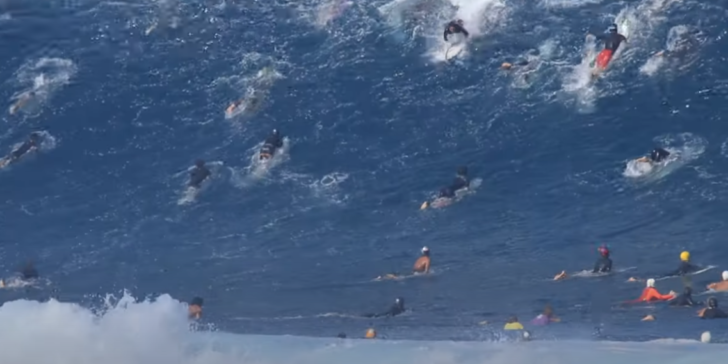
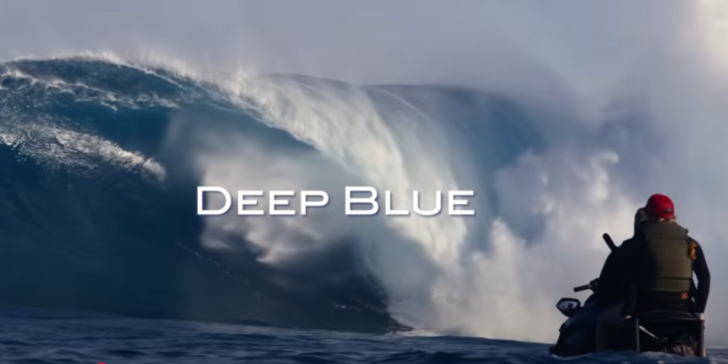
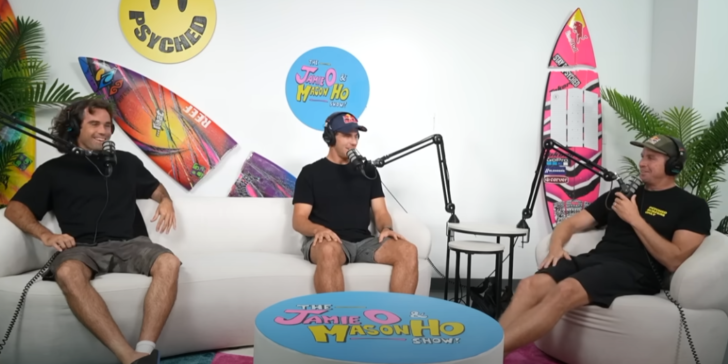
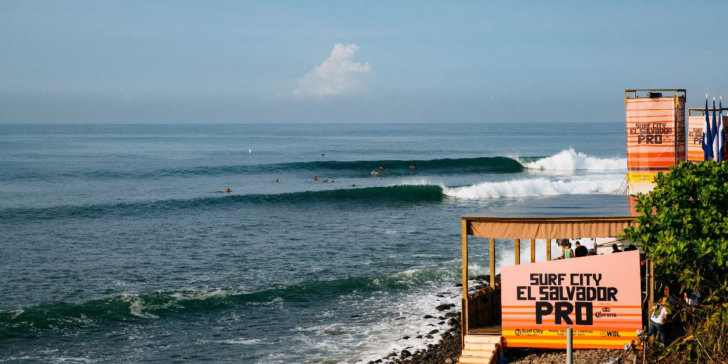
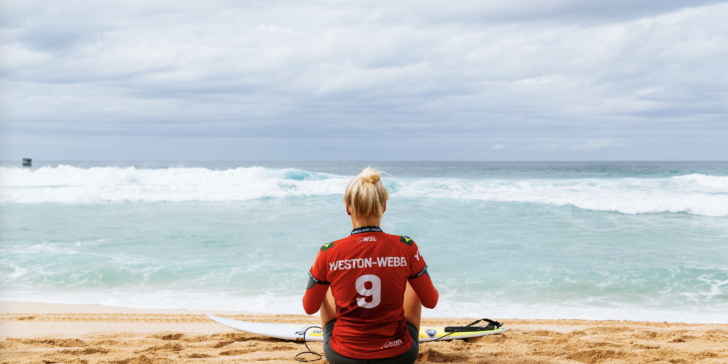
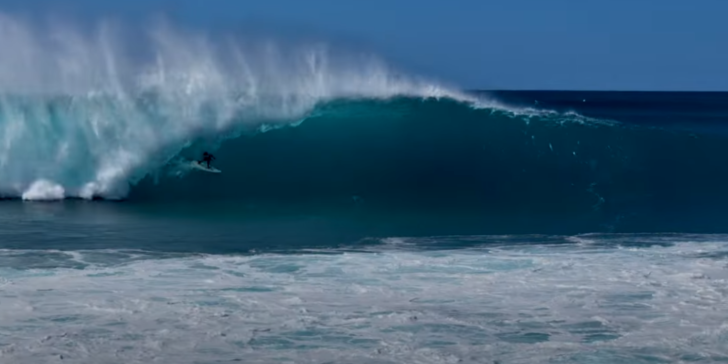
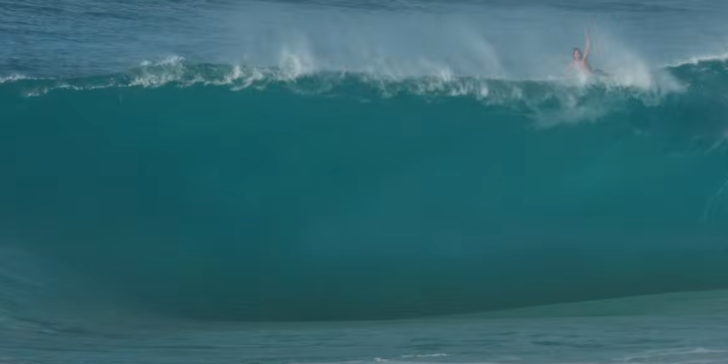
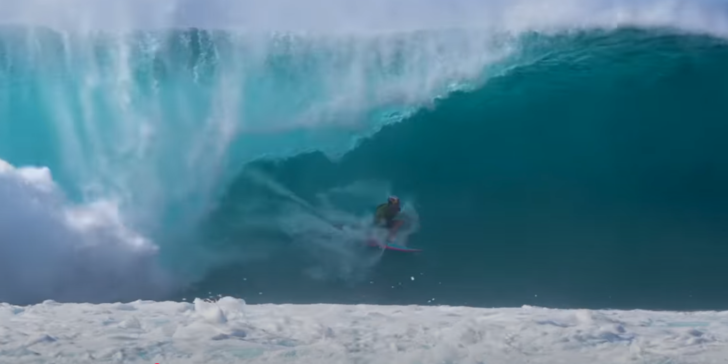
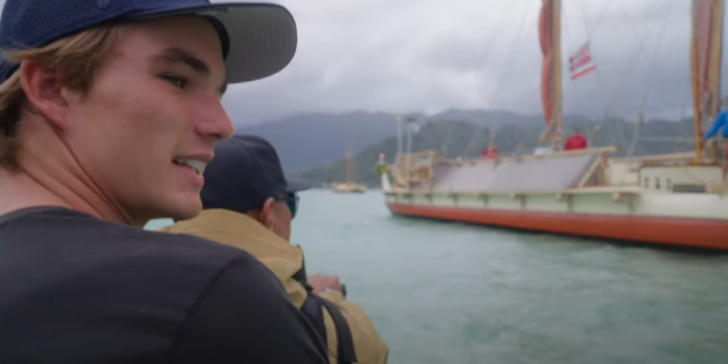



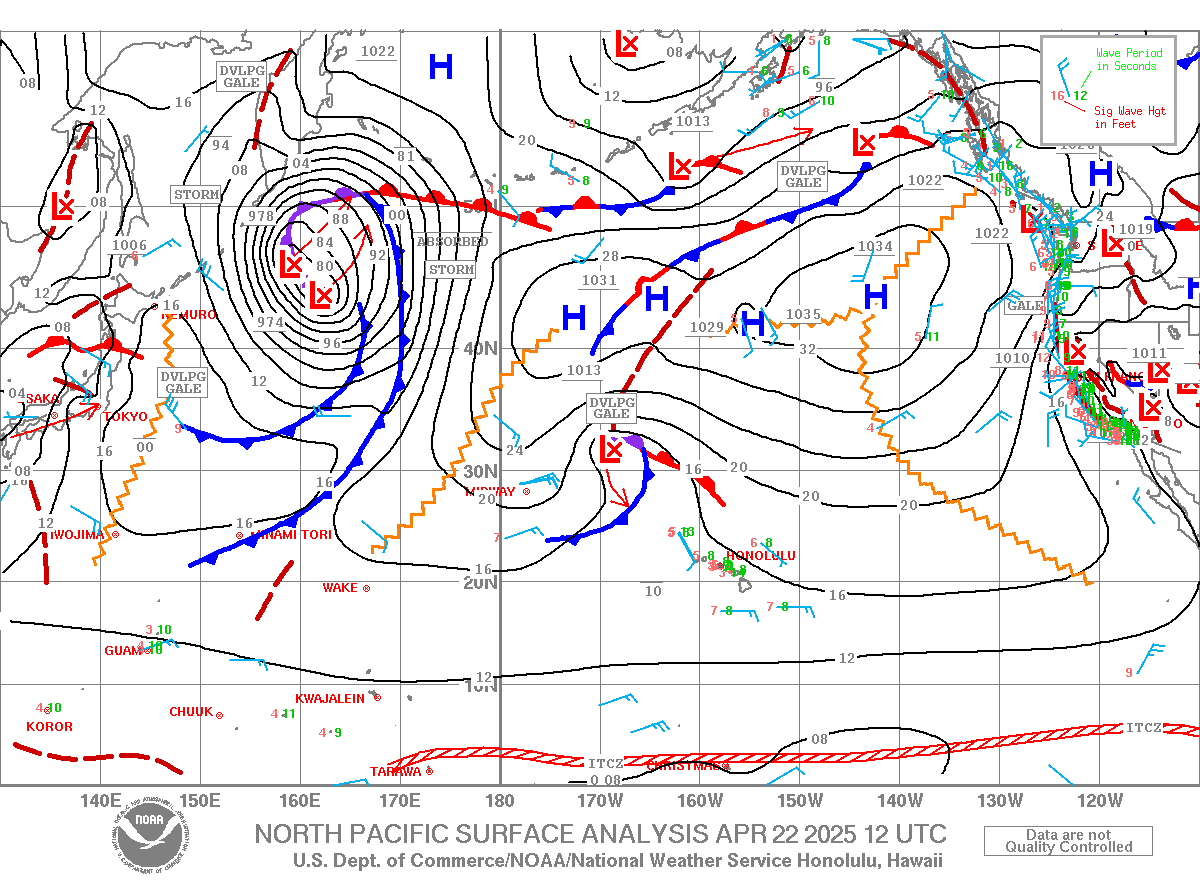
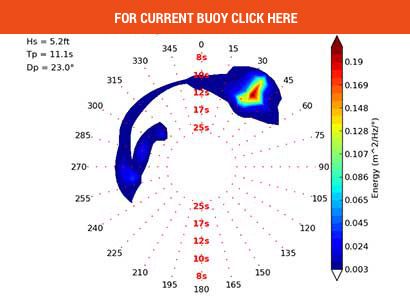













































Premium snn Membership
Join the Premium SNN Membership and enjoy 10 Day Forecasts, All Webcams Page, 5 Days Webcams Archives, Help Surfrider & Access Surf with your partnership.
All for just $8/month Sign Up Now! 1st Month is FREE
5,460
likes
550
followers
98
subscribers
449
followers